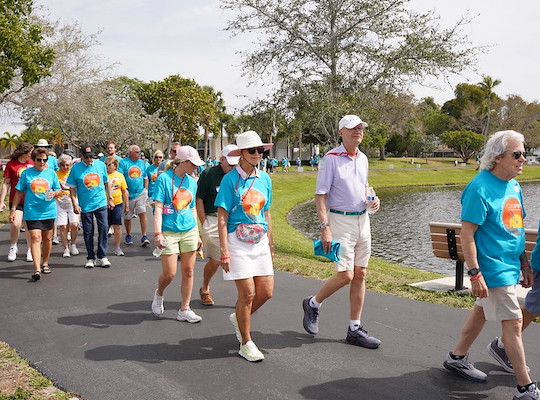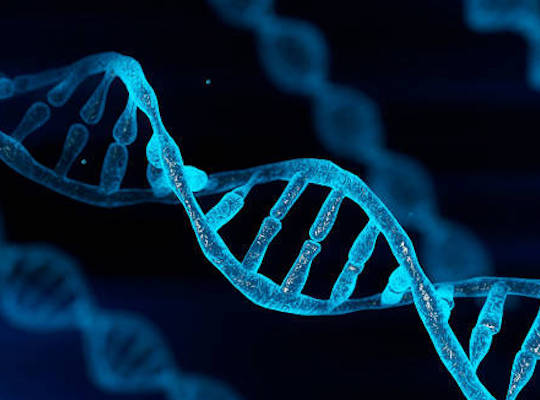New Scientific Paper from CurePSP and Centers of Care Seeks to Accelerate Early Diagnosis for Atypical Parkinsonian Disorders
Sep 18, 2024 Oscar Sullivan
The longer a diagnosis of PSP, CBD or MSA takes, the less time someone has to formulate a care plan, build a medical team or enroll in a potential clinical trial. Many people with these “atypical Parkinsonian disorders” (APDs) are initially given a different diagnosis, like Parkinson’s disease, and may spend months or year navigating through a variety of providers and tests searching for a diagnosis that fits their symptoms and progression. While the barriers to early diagnosis and access to care are certainly multifactorial, it in part stems from the lack of familiarity and comfort with the diseases among many neurology professionals. "A General Neurologist's Practical Diagnostic Algorithm for Atypical Parkinsonian Disorders: A Consensus Statement" was published in August in the scientific journal, Neurology Clinical Practice, as one step to address these issues. In the paper, the CurePSP Diagnosis & Treatment Working Group offered a framework to distinguish signs and symptoms and guide assessment of PSP, CBD, MSA and dementia with Lewy bodies and other diseases that may have overlapping clinical presentations. This publication aims to equip general neurologists and other neurology professionals, especially those in community settings, with tools to make an early and accurate diagnosis and, as a result, improve timely access to appropriate clinical trials, treatments and support.
The paper was driven by feedback from CurePSP community members. A recent anonymous, online survey of 234 patients and care partners with APDs revealed that the most important perceived barrier to care was lack of familiarity with APDs on the part of medical professionals, followed by the lengthy process to diagnosis. Most people with Parkinson’s, APDs or other related diseases are diagnosed and treated by general neurologists. While a biomarker remains a sought-after tool in the research field in order to increase diagnostic certainty and precision treatment, this diagnostic algorithm outlined in the new scientific paper will equip general neurologists, subspecialists outside of movement disorders or behavioral neurology and other neurology professionals to provide at least a provisional diagnosis to allay uncertainty, allow prompt symptomatic management, provide disease-specific information and support resources, avoid further unnecessary testing and treatments and create the possibility of trial referral.
The paper’s publication marks the latest collaborative effort from experts in the CurePSP Centers of Care network. This project underscores CurePSP’s commitment to advancing clinical practices and improving patient outcomes in the APD field.
Read the full paper here.
Join our email list
Get the latest news and resources
directly to your inbox.
Get the latest news and resources directly to your inbox.
Sign Up

.jpg)

